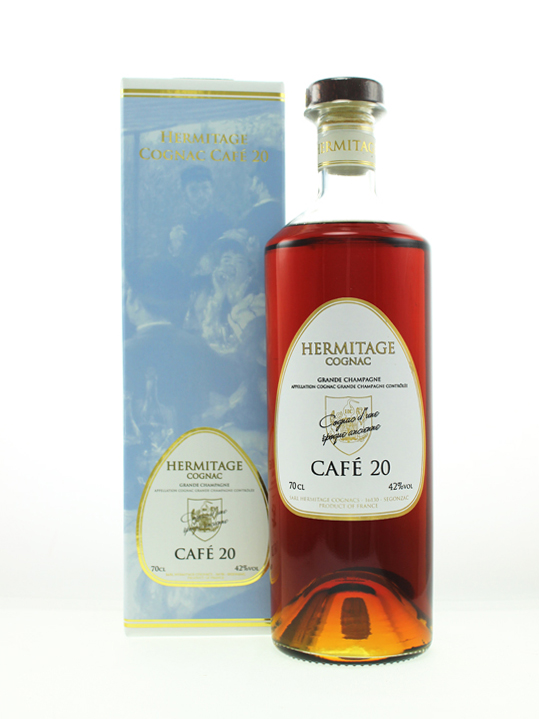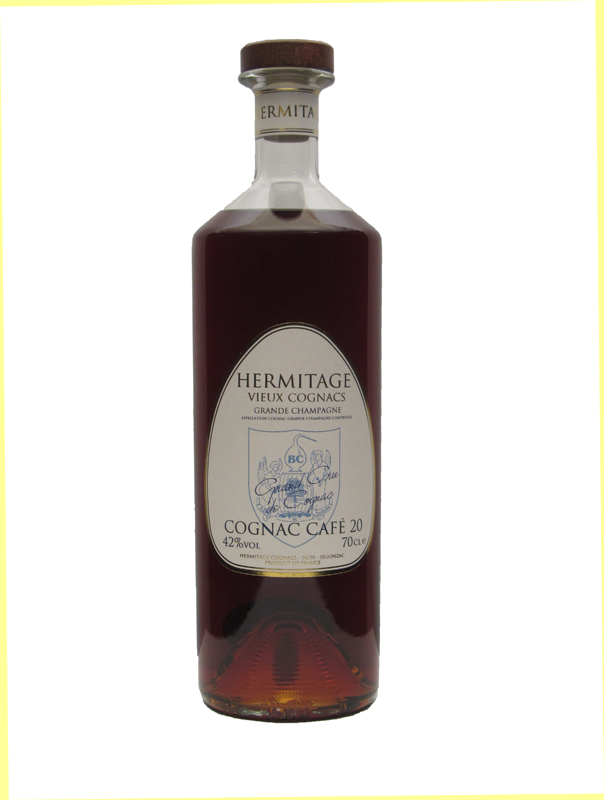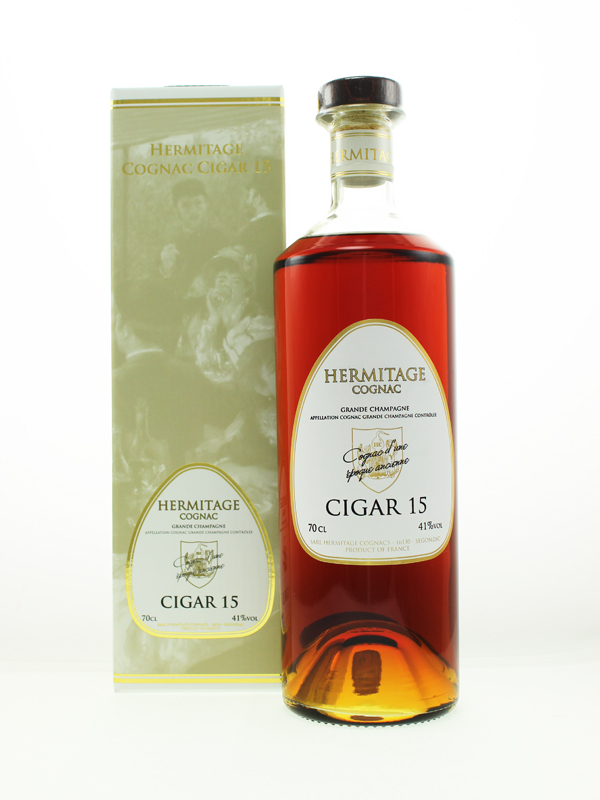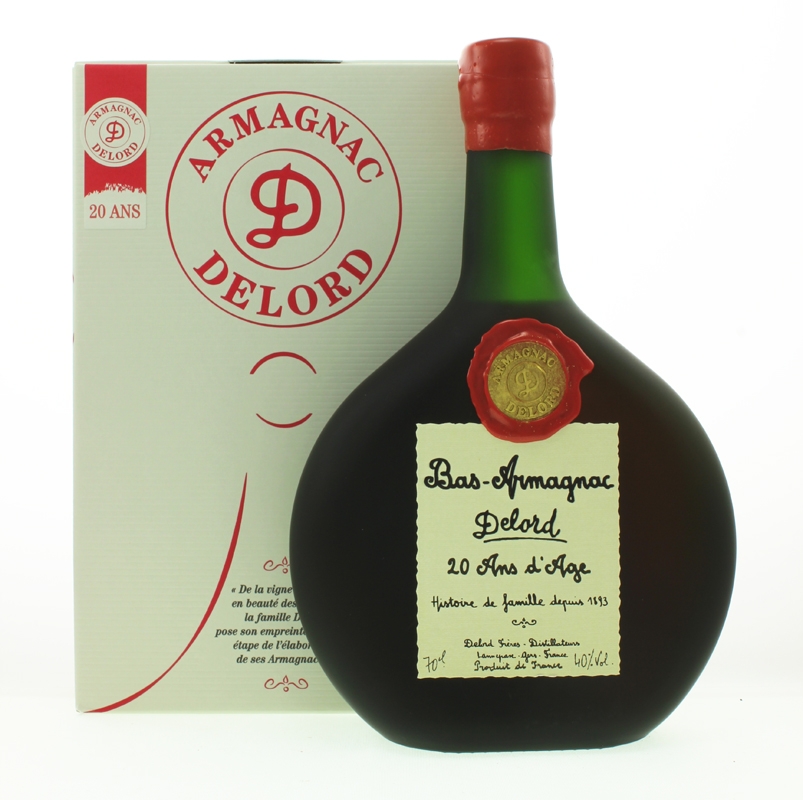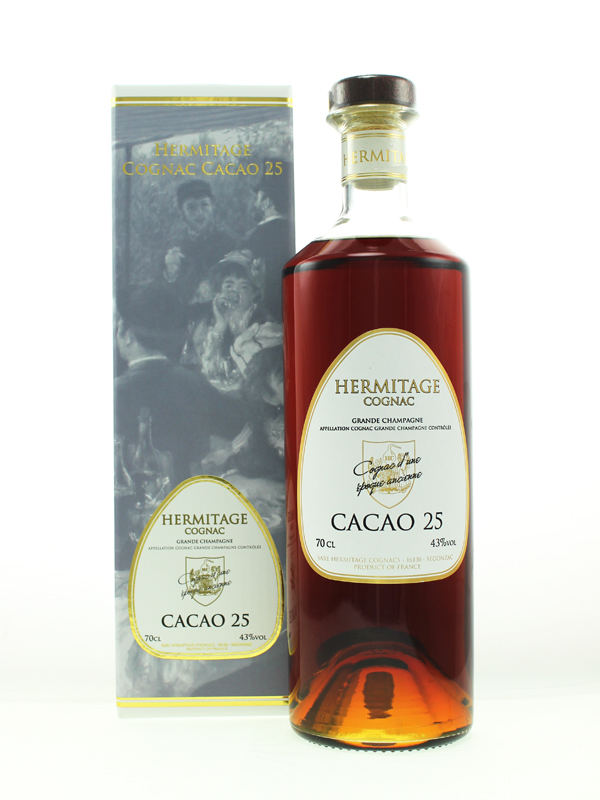Hermitage Cognac Café 20
Excl. VAT£99.75Incl. VAT£119.70
In stock
- Express delivery available
- International Shipping
- Delivery to 50+ Countries
Cognac Masters 2020 – Gold Award
“Delicious … warm spice and a long finish.” Judges’ comments
A rich, robust dark cognac with hints of mocha, coffee and roasted walnuts. Aged for more than 20 years in oak casks, Hermitage Cognac Café 20 is at its best late morning when the taste buds are at their most receptive. During the 18th and 19th centuries in London and other capitals of Europe, cognac was often enjoyed with dark coffees, sweetmeats or pastries. Today Hermitage Café 20 is for those who, like their ancestors, enjoy the excitement and joy of the 20th century café culture.
The original member of our Hermitage Cognac Trilogy – Cigar 15, Café 20 and Cacao 25.
“Magnificent mocha, vanilla, wood-smoke and marzipan-licked top-drawer cognac from a great producer.” Jane MacQuitty, The Times
“This is as good as it gets and is mind-blowing with after-dinner coffee.” Olly Smith, TV Presenter & Journalist
- Cru:
- Grande Champagne
- Volume (cl):
- 70 cl
- Vintage / Age:
- 20 Year Old
- % Alcohol:
- 42%
- Packaging:
- Presentation Box
Additional Information
- Aroma:
- There is a rich coffee and mocha aroma with hints of roasted walnuts and Demerara sugar.
- Ageing:
- This cognac has been aged in new Limousin barrels for 6 - 8 months before being transferred to old barrels for the remainder of the 20 years.
- Distillation:
- Distilled by a well known cognac producer on a small Charentais Alembic still.
- Flavour:
- Intensely rich mocha and coffee flavours combined with brittle toffee and some citrus finishing notes ensure that this cognac will provide lasting pleasure .
- Grape Variety:
- Ugni Blanc
- Reduction & Strength:
- Some gradual reduction has taken place over nearly four years to ensure this cognac is sold at its best strength
- Viticulture:
- The land here is flatter than around the town of Segonzac but the soil is chalky and porous, ideal for growing cognac vines as the roots can penetrate deep into the ground looking for water.

